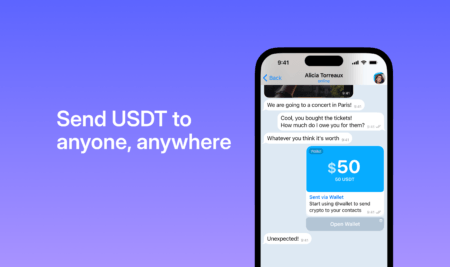A recent case in which a Miami Beach man sold bitcoin to an undercover detective has recently taken a turn thanks to a court decision that could make it easier for Florida’s authorities to target those who are selling cryptocurrencies in unregulated deals.
This week, the Third District Court of Appeal ruled that a Miami judge who had previously dismissed felony charges against the Miami Beach man, Michell Espinoza, was wrong. The website designer had in the past been charged with illegally transmitting and laundering $1,500 worth of bitcoin.
At the time, according to the Miami Herald, his defense team argued BTC wasn’t money under Florida law, a move that saw a judge dismiss the charges after claiming the flagship cryptocurrency is no more than “poker chips that people are willing to buy from you.”
The appeals court this week, however, noted Espinoza made a profit selling BTC to the undercover detective, and was engaged in “unregulated money transmitting,” as he didn’t register with Florida’s Office of Financial Regulation. The court ruled:
Espinoza’s bitcoins-for-cash business requires him to register as a payment instrument seller and money transmitter.
The ruling will now see felony charges against the man be reinstated, and could mean those selling BTC in the state of Florida will have to register with Florida’s Office of Financial Regulation to avoid a similar situation.
According to John Londot, a Tallahassee lawyer who’s part of the Digital Currency & Ledger Defense Coalition, noted that most of his clients have already registered as money transmitters, as “that’s been the trend in Florida.”
Charles Evans, a Barry University economics professor quoted by the Miami Herald, added that while he disagreed with the court’s decision, it shows the virtual currency industry is “finally starting to grow up.” He was quoted as saying:
The Wild West days are over. The regulators and prosecutors are trying to bring order to all the chaos — and this is part of the process.
A Landmark Case for Bitcoin in Florida
Espinoza’s case was a notable one for the flagship cryptocurrency in the state. While in the US regulators haven’t decided on an approach to regulate cryptocurrencies, the Miami Beach man’s case saw lawmakers in the state add “virtual currency” to the Florida law targeting money laundering.
Per the Miami Herald, the appeals court’s recent decision noted it’s up to the jury to decide whether Espinoza is guilty of money laundering, as the undercover detective who approached him to buy BTC claimed he’d use the cryptocurrency to buy credit card numbers stolen by Russian hackers.
Espinoza was approached by the undercover detective back in 2014, after he was found advertising a bitcoin sale on peer-to-peer exchange LocalBitcoins, which has recently been breached by an ‘unauthorized source’.
In the first two meetings, Espinoza made an $83.17 and $167.56 profit on the transactions, and two meetings later was arrested at a Miami Beach hotel.









